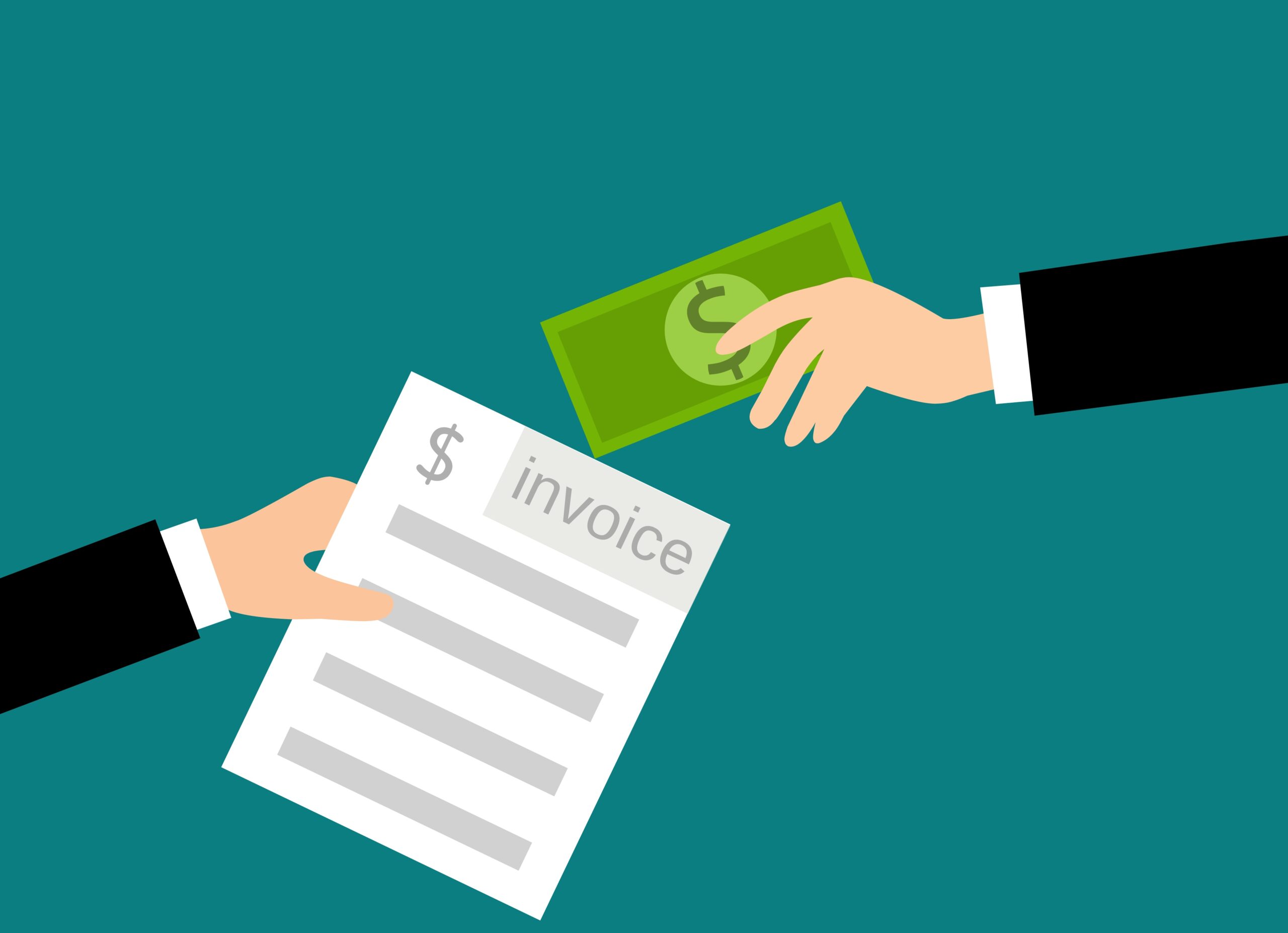Energy contracts are complex and can easily trip up anyone seeking one, even the most seasoned procurement professionals. Since it can be challenging to know where to start, we have put together a guide explaining everything you need to know about energy contracts.
This guide should help you find the right deal for your business.
Summary
- Energy contracts are legal agreements between providers and consumers that set electricity or gas delivery and payment terms.
- Common contracts include retail electricity service contracts (RESCs), weather-based contracts, direct access agreements, and power purchase agreements (PPAs).
- Key considerations include contract coverage for peak usage, avoiding long commitments, addressing capacity needs over time, allowing for material changes, understanding termination fees, and watching for hidden expenses.
What Are Energy Contracts for Business?
An energy contract is a legal agreement between two parties: the energy provider and the consumer.
The provider sets up a system that delivers electricity to the consumer at a specific cost, and in exchange, the consumer pays them for their services. The consumer might be an individual or business; it could also be another company or government entity.
Energy contracts cover everything from wind and solar power to natural gas and coal, so it’s important to ensure that your company is getting the right energy provisions. This means researching the types of renewable and non-renewable energy sources available and learning how they affect your business operations and the environment.
Even if you’re a small business, you still need energy service or electricity contracts to run your business properly. If you have one, you can avoid overpaying for your electricity or having problems with your utility company down the line.
Types of Contracts for Energy Business
One of the most important things to understand about energy contracts is the different types, which include the following:
Retail Energy Service Contracts (RESCs)
Retail energy service contracts (RESCs) are the most common type of energy contract. They can cover electricity or natural gas use. These contracts are known as “fixed-rate” plans because they lock in a rate for the term of the agreement.
You’ll pay that fixed rate for the duration of retail energy contracts, regardless of how much electricity or natural gas you use. You’ll pay the difference at standard rates if you use more than the amount covered by your plan. If you use less than what’s included in your agreement, you get some money back from your utility company.
Your retailer will provide a meter that measures how much electricity you use. This meter has two dials: one for measuring how much electricity you use and one for measuring how much electricity you send back to your retailer.
If you have a RESC, your retailer will bill you at the end of each billing period (usually monthly). If you don’t have a RESC, your utility company will bill you directly for any power supplied.
Weather-Based Energy Contracts
Weather-based energy contracts are contracts tied to the weather. As such, the price of electricity changes depending on how much electricity you use and how much it costs to produce at a given time.
Weather-based retail energy service contracts are usually long-term, lasting anywhere from one year to five or ten years. The length of the contract depends on how long the wind farm or solar plant will survive.
These contracts can be fixed or variable. A fixed energy contract means you pay a set monthly rate, no matter what happens with the weather. Meanwhile, a variable energy contract means that your rate will fluctuate depending on how much power the utility company’s resources (off-shore wind, solar, hydroelectric) generate in given weather.
Weather-based electricity contracts are useful to save money on your monthly bill by reducing your consumption during peak seasons. They also allow you to purchase more electricity during off-peak seasons when prices are lower.
Direct Access Energy Agreements
Direct access contracts allow customers to find their electricity or natural gas providers instead of relying on an electric utility for service. Individual customers and businesses often use these energy contracts when they need more control over their energy costs.
They’re also popular with people who live in rural areas where large utilities don’t offer service due to low numbers of customers in a particular area.
As a customer on this type of contract, you can use your meter to measure how much electricity or natural gas you use and then pay for it either in advance or at the end of each billing cycle.
Power Purchase Agreements (PPAs)
These are long-term arrangements between utilities and large customers (usually businesses) who want to buy electricity at a discounted rate. They’re popular among corporations because they help manage their fluctuating demand for power while keeping costs down during off-peak hours when demand is low, and prices are lower.
PPAs involve negotiation between parties before signing any dotted lines. They can last anywhere from five to twenty years, depending on how many times each party wants to renew them.
Things to Consider When Procuring Energy Contracts
Energy contracts can be tricky to navigate, but with a bit of know-how, you can make the right decisions for you and your company.
Here are some tips to help you avoid common pitfalls:
What Are the Usage Bandwidths?
One of the most significant considerations when procuring energy contracts is the usage bandwidth.
“Bandwidth” refers to a company’s maximum energy usage in a given period. This is important because it determines how much you’ll pay for electricity and helps you predict your monthly bill.
The most important thing is to ensure your contract covers your usage. You don’t want to be surprised by a bill higher than you thought it would be.
Be Careful with Long-Term Commitments
You want to lock yourself into a long-term contract only if the benefits outweigh its costs (like tax breaks). Plus, flexibility will allow you to adjust accordingly and save money if something changes in the market or your business needs—like an unexpected spike in demand.
Don’t Forget About Capacity Scheduling
Capacity scheduling helps ensure your facility has enough electricity available when needed—but not so much that it’s costing you more than necessary. If you’re in a spot where electricity demand is low, then having too much capacity could lead to higher costs.
Know How the Contract Handles Material Changes
Material changes are any changes made during a contract term. These include new equipment, new locations, or even new personnel. If you don’t plan for them in advance, they can cost you more than expected.
Understand the Termination Fees
When procuring an energy contract for your business, it’s essential to understand the termination fees.
Termination fees are fees the energy company charges if you terminate the contract early. They can be a percentage of the total annual cost of your contract or a flat fee. You should consider these fees when comparing contracts from different providers.
Make Sure There Aren’t Any Hidden Fees in Your Energy Agreements
The most important thing to consider when procuring energy contracts is hidden fees. If you’re not careful, you can pay more than expected, especially if the contract is long-term. Ensure that the utility company clearly states all fees in your contract.
Contact Navigate Power for a Free Energy Efficiency Consultation
In today’s harsh economic climate, every company needs to be smart about its energy costs. At Navigate Power, we can help reduce your company’s energy costs and find eco-friendly alternatives.
We advise companies about energy contracts throughout the Chicago area and beyond. Our energy consultants have the expertise to help reduce your company’s energy costs while finding eco-friendly alternatives that are both cost-effective and sustainable.
Contact us at (888) 601-1789 to schedule a free consultation!



